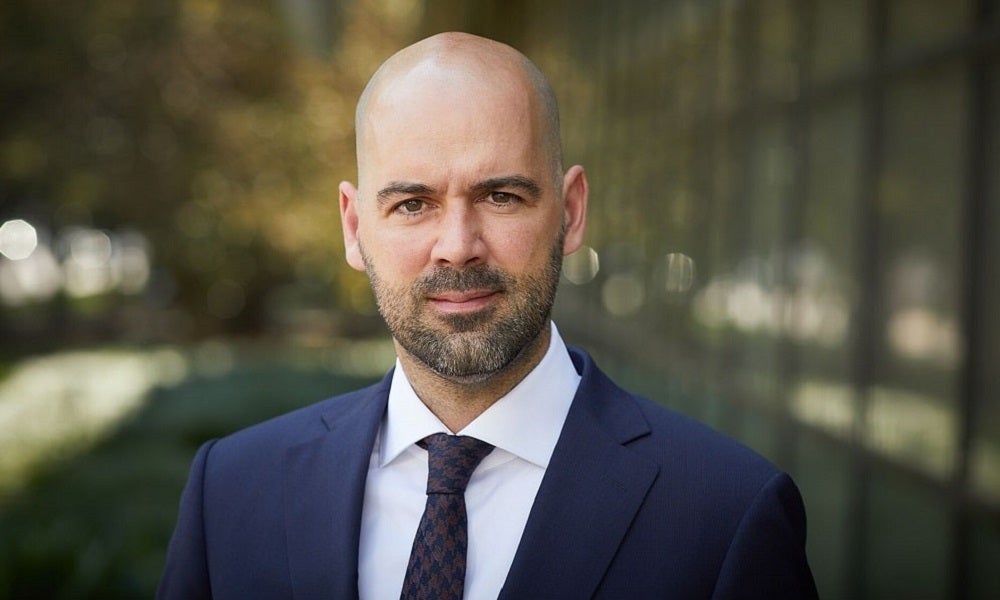When AI gets smarter, do humans get dumber?
As we use AI more and more, skill decay can challenge our fundamental thinking and learning abilities, writes UNSW Business School Dean Frederik Anseel
"Seriously, not another piece on AI?" I understand that despair. But I truly believe we are experiencing a work revolution in real-time. For a work psychologist, quasi-intelligence that's freely available in the workplace is revolutionary – and frightening – because not every revolution is positive. Therefore, before we blindly walk into disaster, we need to thoughtfully shape our education and work environment. The most recent warning is the risk for AI to undermine basic skills, a process called "skill decay."
This phenomenon isn't new. The Greek philosopher Socrates warned that the invention of writing would annihilate our memory. But AI goes beyond writing because it can replace a whole range of human skills.
The reasoning is as follows: basic skills such as reading comprehension, statistical analysis, and clear writing require practice to learn and practice to maintain. If we don't continue exercising those muscles and practice on and on, these skills will wither away.
In the past, when our car engine faltered, my father could perfectly diagnose where the problem was because he knew how an engine works. I break out in a cold sweat simply when I am asked to open the hood of a car. I never had any use for that knowledge or skill.

The same logic applies to artificial intelligence. For those who have had thousands of hours of practice in writing, analysing, and reading, AI is a fantastic tool, an auxiliary brain that makes you ten times more productive than you already were. But what if you never had that practice? What if writing texts with ChatGPT becomes so natural that you never write yourself anymore? To paraphrase British writer E.M. Forster: "How can I know what I think until I see what I write?" If a machine writes for you, are you even aware what you think?
It has become routine to run long texts through ChatGPT and ask for a summary: "What should I remember from this?" But deep, comprehensive reading encompasses a series of thought processes that lead to new insights. We connect our own background knowledge with new information: our brains create analogies and hypotheses in which we compare what we read with what we already know, and we use evoked feelings and senses to understand the author's perspective.
If you quickly skim through a summary, that knowledge transformation doesn't happen. We become traders in quick, superficial facts that create the illusion of understanding. But our brain deceives us. A chatbot cannot replace the deep reading that provides insight into a complex world.
This also applies to complex skills. Pilots who constantly fly on autopilot in the cockpit gradually lose the ability to fly the plane themselves in critical moments. In radiology, a field where AI has been making progress for a while, professionals are concerned that outsourcing simple scans to AI results will lead to early-career radiologists missing out on the foundation that enables experienced colleagues to do more challenging work.
This is not a doomsday scenario about AI. On the contrary, if used correctly, AI can also stimulate new skills to limit or overcome the risk of "skill decay."
Subscribe to BusinessThink for the latest research, analysis and insights from UNSW Business School
Nobody wants to see deskilling, but people are naturally cognitively lazy. Psychologists call it "cognitive offloading": deep thinking is hard work, and we push it away from us to relieve our brains. In the long run, this takes its toll: it decays. Use it or lose it.
Education and work face a gigantic challenge. Our first priority should be to determine which skills are truly fundamental. I don't need to know how an engine works to drive a car, and I may also not need to know how to multiply matrices to interpret a statistical regression (although it does help).
Once we've determined those fundamental skills in each domain, we must train people in them. This won’t be as easy as it sounds. It requires a targeted learning effort in education and at work, because we will increasingly tend to outsource those cognitive tasks to AI in the classroom and in the office, because it is so convenient. Yet we want the pilot and radiologist of the future to still be able to do their work without AI when necessary.
Frederik Anseel is a Professor of Management and Dean of UNSW Business School. He studies how people and organisations learn and adapt to change, and his research has been published in leading journals such as Journal of Applied Psychology, Journal of Management, American Psychologist, and Psychological Science. A version of this post was first published in De Tijd.
